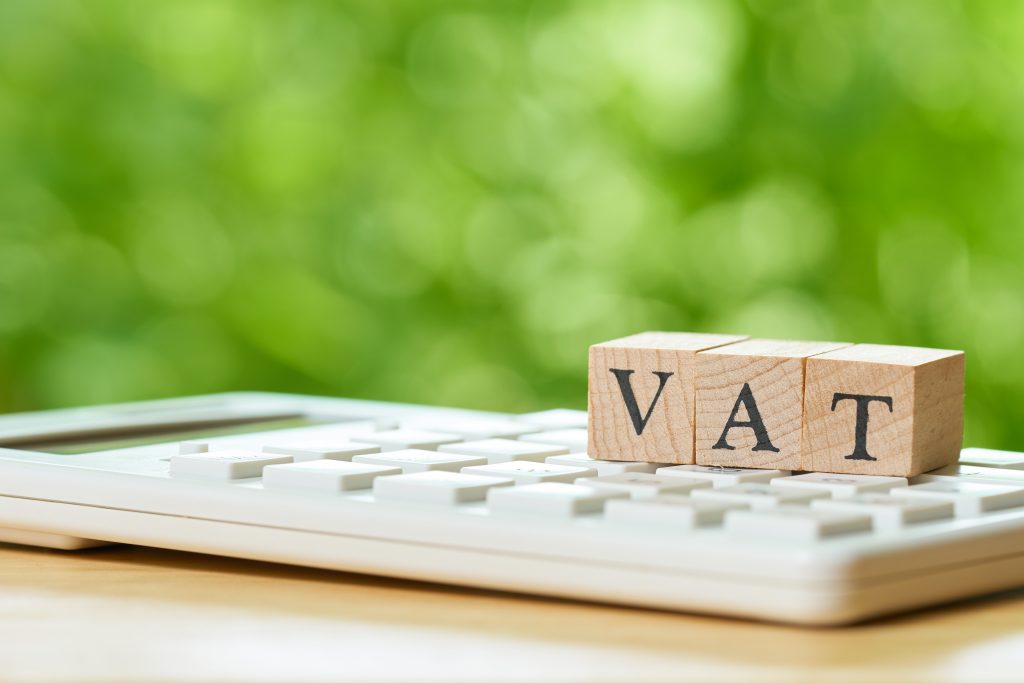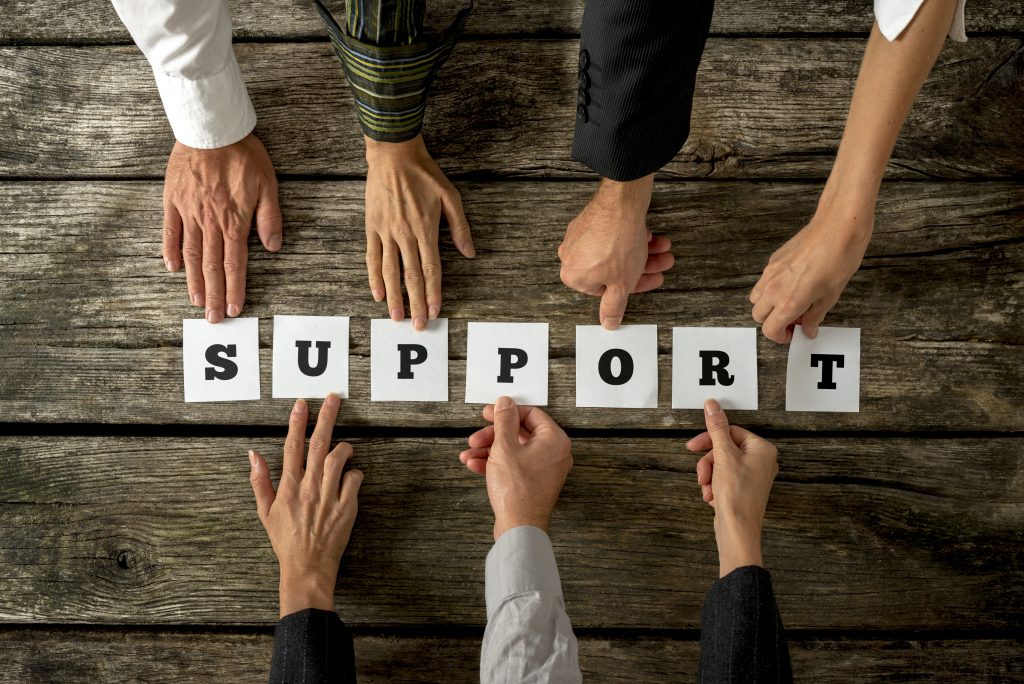A Value Added Tax (VAT) is a consumption tax that is added to the price of goods and services at each stage of production and distribution. It is a common form of indirect taxation used by many countries around the world. If you are a first-timer dealing with VAT, here’s a guide to help you understand the basics.

1. What is VAT?
- VAT is a consumption tax levied on the value added to goods and services at each stage of production and distribution.
- Unlike a sales tax, which is applied only at the point of sale to the end consumer, VAT is collected at each stage in the production chain.
2. How VAT Works:
- Input Tax: Businesses pay VAT on the goods and services they purchase. This is called input tax.
- Output Tax: Businesses charge VAT on the goods and services they sell. This is called output tax.
- The business then pays the difference between output tax and input tax to the government.
3. VAT Rates:
- Different goods and services may be subject to different VAT rates, including zero-rated and exempt items.
- VAT rates vary by country, and some items might be exempt from VAT.
4. VAT Registration:
- Businesses exceeding a certain threshold may be required to register for VAT.
- Registration enables businesses to collect and remit VAT on behalf of the government.
5. VAT Invoices:
- Businesses must issue VAT invoices for sales, detailing the VAT charged.
- Input tax can often only be reclaimed if supported by a valid VAT invoice.
6. VAT Returns:
- Businesses typically submit periodic VAT returns to the tax authorities, detailing their sales, purchases, and the calculated VAT owed.
- Returns are usually submitted quarterly or annually, depending on local regulations.

7. VAT Refunds:
- Some businesses may be eligible for VAT refunds on certain purchases, especially if they export goods or operate in industries with specific exemptions.
8. Compliance:
- It’s crucial to understand and comply with local VAT regulations.
- Non-compliance can result in penalties and fines.
9. Software and Record-Keeping:
- Many businesses use accounting software to manage their VAT obligations.
- Maintaining accurate records is essential for compliance.
10. Seek Professional Advice:
- If in doubt, seek advice from tax professionals or consultants who specialize in VAT.
11. Stay Updated:
- VAT regulations can change, so it’s essential to stay informed about any updates or amendments.

Remember, the specifics of VAT can vary widely from country to country, so it’s important to familiarise yourself with the regulations in your country of residence. Consulting with a tax professional can provide tailored advice based on your specific circumstances.
If you’re looking for support with your business, including VAT, tax returns, invoicing, payroll or any other accounts administration we’d really like to chat with you. Our office is based in Spalding, Lincolnshire so you’re welcome to visit us. Drop our office a line at office@cbsltd.org or call us direct on 01775 529345 to book an appointment.
Leave a Reply